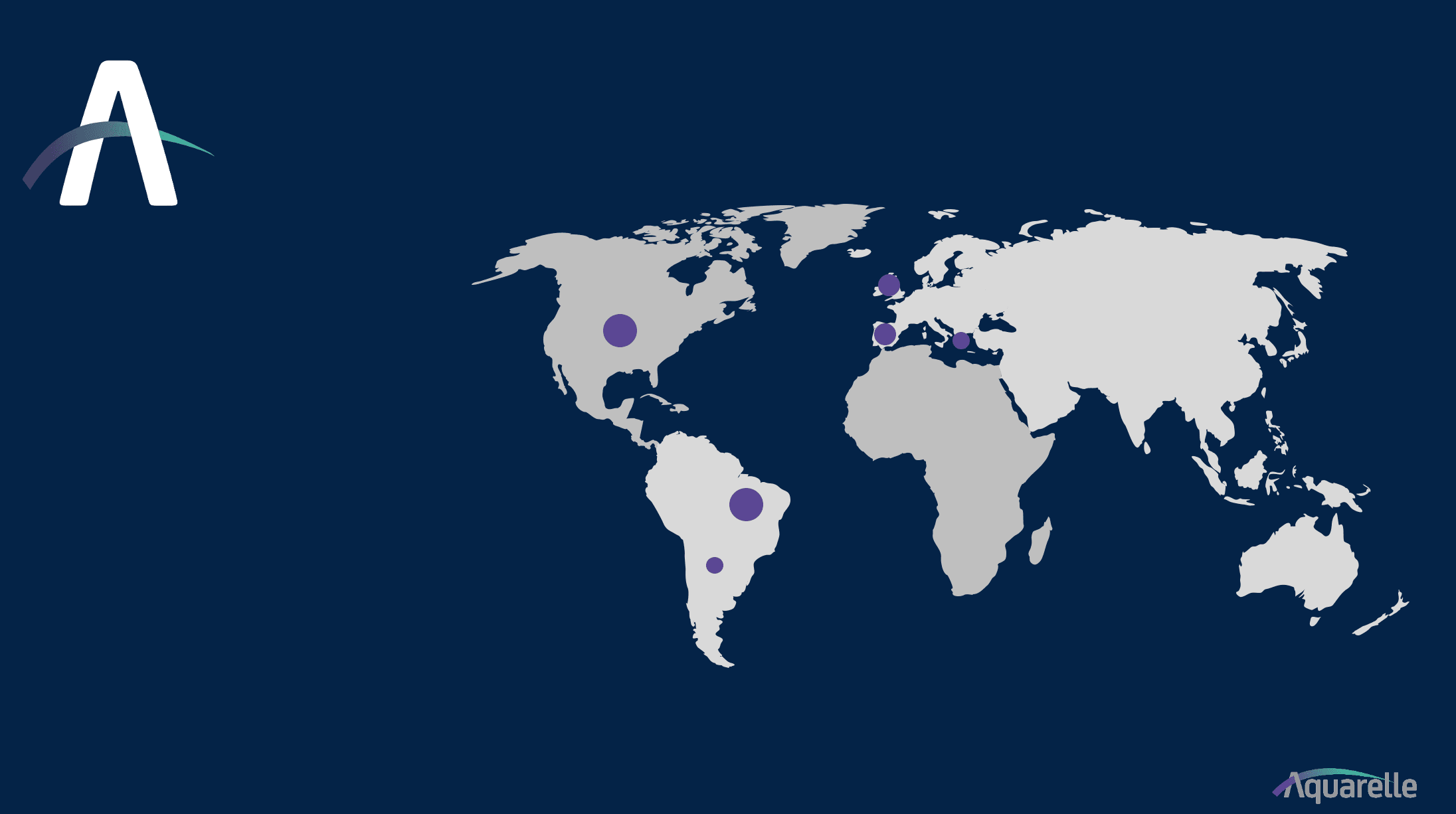A maintenance management system, CMMS is software that centralizes maintenance information and facilitates maintenance operations processes.
It helps to improve the utilization and availability of physical equipment, roads, radars, machines, vehicles, factory infrastructures and other assets. Also referred to as CMMIS or computerized maintenance management information systemCMMS systems are found in manufacturing, oil and gas production, power generation, construction, transportation and other markets where physical infrastructure is critical.
Many of us know this system simply as an Asset Management System. But can it really manage any type of asset?
Yes, not only the assets, but also the maintenance team working on them, the contracts related to them, the warranties, the spare parts, their 52-week schedules, among other important data. It works like your big asset database, from the moment they were born to the present day.
The information in a CMMS database supports various system functions, as well as being able to integrate with other legacy systems, MES, prepare for the collection of IoT-generated information, among other benefits.
Resource and labor management: Keep track of employees and available equipment certifications. Assign specific tasks and form teams. Organize shifts and manage pay rates.
Asset register: Storing, accessing and sharing asset information such as:
- Manufacturer, model, serial number and class and type of equipment
- Costs and associated codes
- Location and position
- Performance and downtime statistics
- Documentation, video and associated images, such as repair manuals, safety procedures and guarantees
- Availability of Internet of Things (IoT) meters, sensors and instrumentation
Work order management: Generally considered to be the main function of the CMMS, work order management includes information such as:
- Work order number
- Description and priority
- Type of order (repair, replacement, scheduled)
- Cause and solution codes
- Personnel assigned and materials used
Work order management also includes capabilities for:
- Automate work order generation
- Reserve materials and equipment
- Planning and assigning employees, teams and shifts
- Review status and monitor downtime
- Record plan and actual costs
- Attach associated documentation, security and repair media
Preventive maintenance: Automate work order initiation based on time, usage or triggered events. Use maintenance to associate assets in several orders. Sequence and plan preventive work orders.
Materials management and inventory: Inventory, distribute and claim maintenance, repair and operations (MRO) equipment and materials in storage areas, distribution centers and facilities. Manage suppliers, control inventory costs and automate replenishment.
Report, analysis and audit: Generate reports in all maintenance categories, such as asset availability, material usage, labor and material costs, supplier evaluations and more. Analyze information to understand asset availability, performance trends, MRO inventory optimization and other information to support business decisions and gather and organize information for audits.
The longer we have asset information on record, the better our database management, the more efficient our maintenance, because we know when it's really needed and a piece of equipment with a reliable history is a piece of equipment that promises long life, savings, productivity and predictability for you and your team!
Do you want to know more about asset management systems and CMMS? Do you want to take your maintenance off paper, out of Excel, or bring more technology into your plants?



